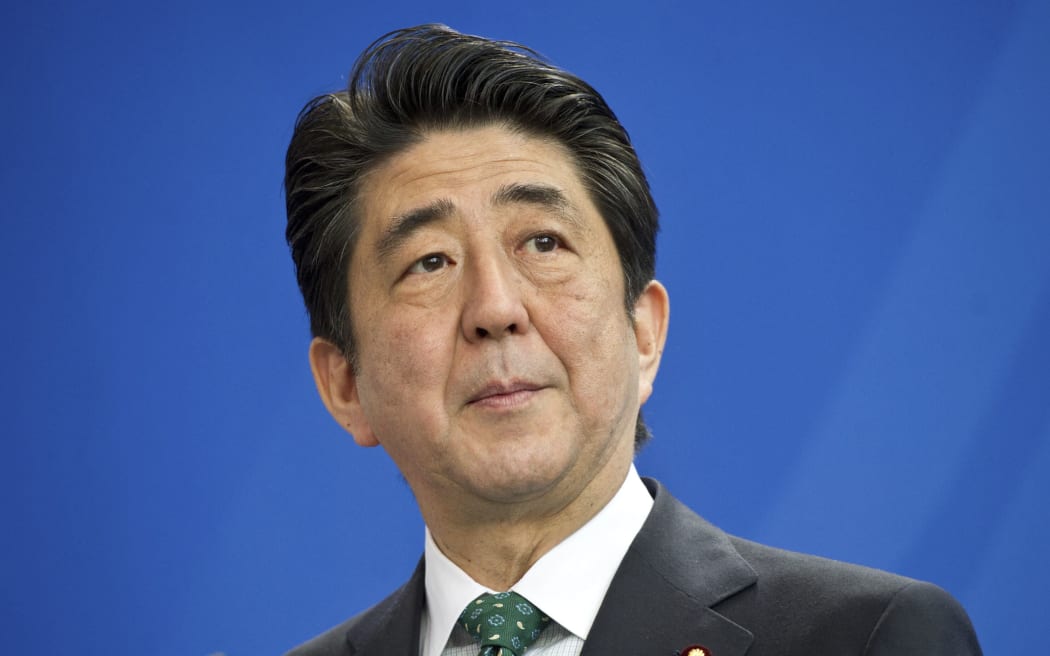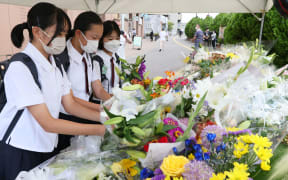The assassination of Japan's former prime minister Shinzo Abe will likely lead to increased monitoring of extremists, says a security expert.

Japan's former prime minister Shinzo Abe died on Friday hours after being shot Photo: AFP
Professor Corey Wallace at Kanagawa University in Yokohama said there have always been extremists in Japanese politics however the attack will likely lead to greater monitoring of those groups.
Japan's former prime minister Shinzo Abe died on Friday hours after being shot while making a campaign speech in the city of Nara.
Police investigating the assassination said the alleged gunman held a grudge against a "specific organisation".
They said the gunman believed Abe was part of the group and shot him for that reason.
Wallace said the attack has shocked the country.
He said the death of the former prime minister who still held influence in the country, will change politics in Japan.
"It's not just a simple matter in Japan of a former prime minister being targeted with a senseless act of violence. But his ongoing influence will open a big vacuum in Japanese politics going forward," Wallace said.
He said there will probably be heightened monitoring of extremist groups following the attack.



